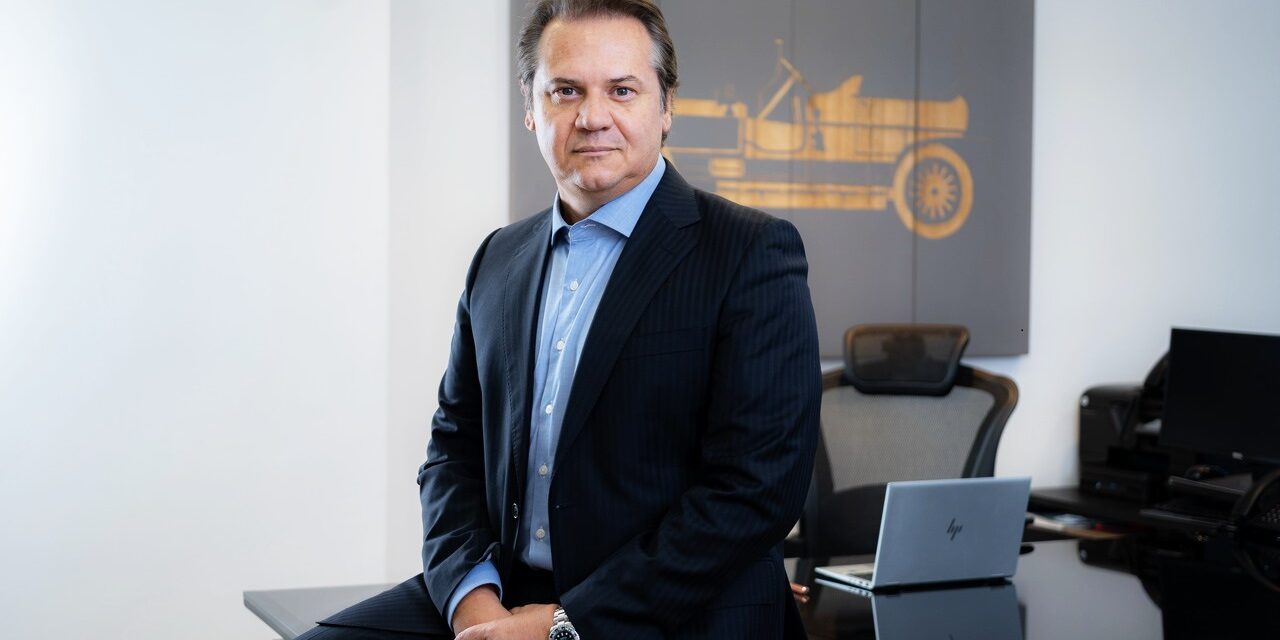By Alzira Rodrigues | Translated by Jorge Meditsch
Without clearing much about what is being discussed, Anfavea’s president, Márcio de Lima Leite, admitted he had met Fenabrave’s president, José Maurício Andreta Jr., to discuss policies for better competitiveness for the sector.
“I was with him last week, and we are working on regulatory matters to make the sector more agile, looking to simplify the distribution system between manufacturers and dealers. We evaluated how the dealers could participate more effectively in the process”, said Lima Leite, emphasizing that there is no intention to ask the government for new tax benefits.
Fenabrave revealed in July it is making a study to present to the government soon to ensure the Brazilian automotive market growth. Consulted about this Monday, 8/7, its press department informed that better details would be disclosed only when the study is ready and delivered to the pertinent authorities.
Anfavea’s president, on his side, made clear that there is no intention by both organizations to ask for bonuses or tax incentives like the conceded in the government plan that granted discounts from R$ 2 thousand to R$ 8 thousand for light vehicles costing up to R$ 120 thousand.
“The agenda is different now, it has nothing to do with subsidies”, he said. “Anfavea and Fenabrave work with policies looking to increase the sector’s competitiveness, and that’s what we are talking about currently’.
Due to the incentive program, the light vehicle market had July as the best month since December 2020, with more than 215 thousand deliveries. Andreta Jr. defined the program’s success as “indisputable”. Nonetheless, he pondered that new measures are needed to assure the continuity of retail sales warming.
Vehicle distribution actions are limited by the Renato Ferrari law, which blocks direct manufacturers’ sales to private consumers. They are allowed only if approved by a brand convention that defines models and the period for them
Photo: Anfavea
- VW deixa de produzir o Taos na Argentina e México abastecerá o Brasil - 4 de abril de 2025
- Extreme, versão topo do T-Cross, é destaque da VW na ExpoLondrina - 4 de abril de 2025
- Vendas diretas crescem mais do que o varejo automotivo - 3 de abril de 2025









